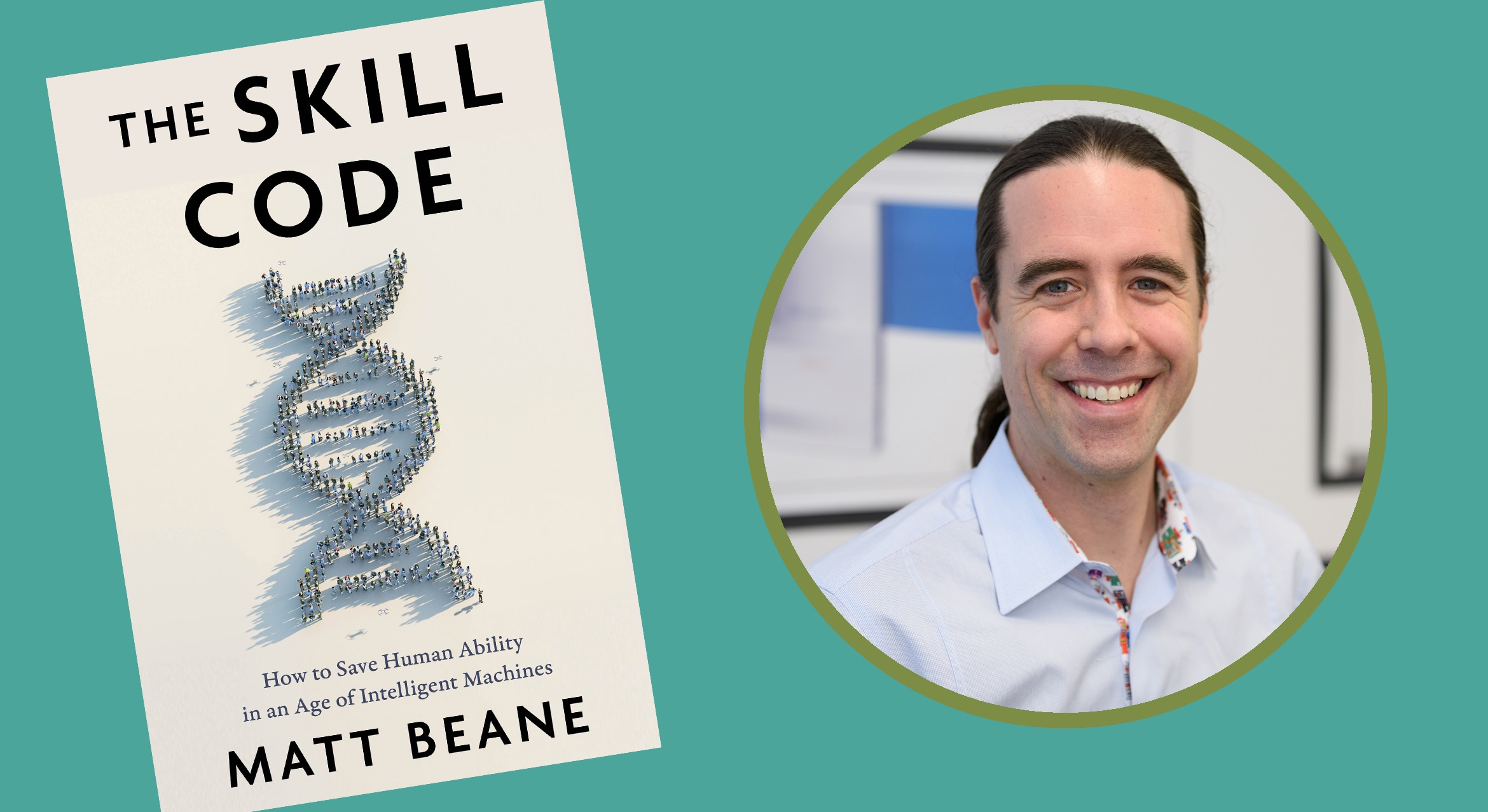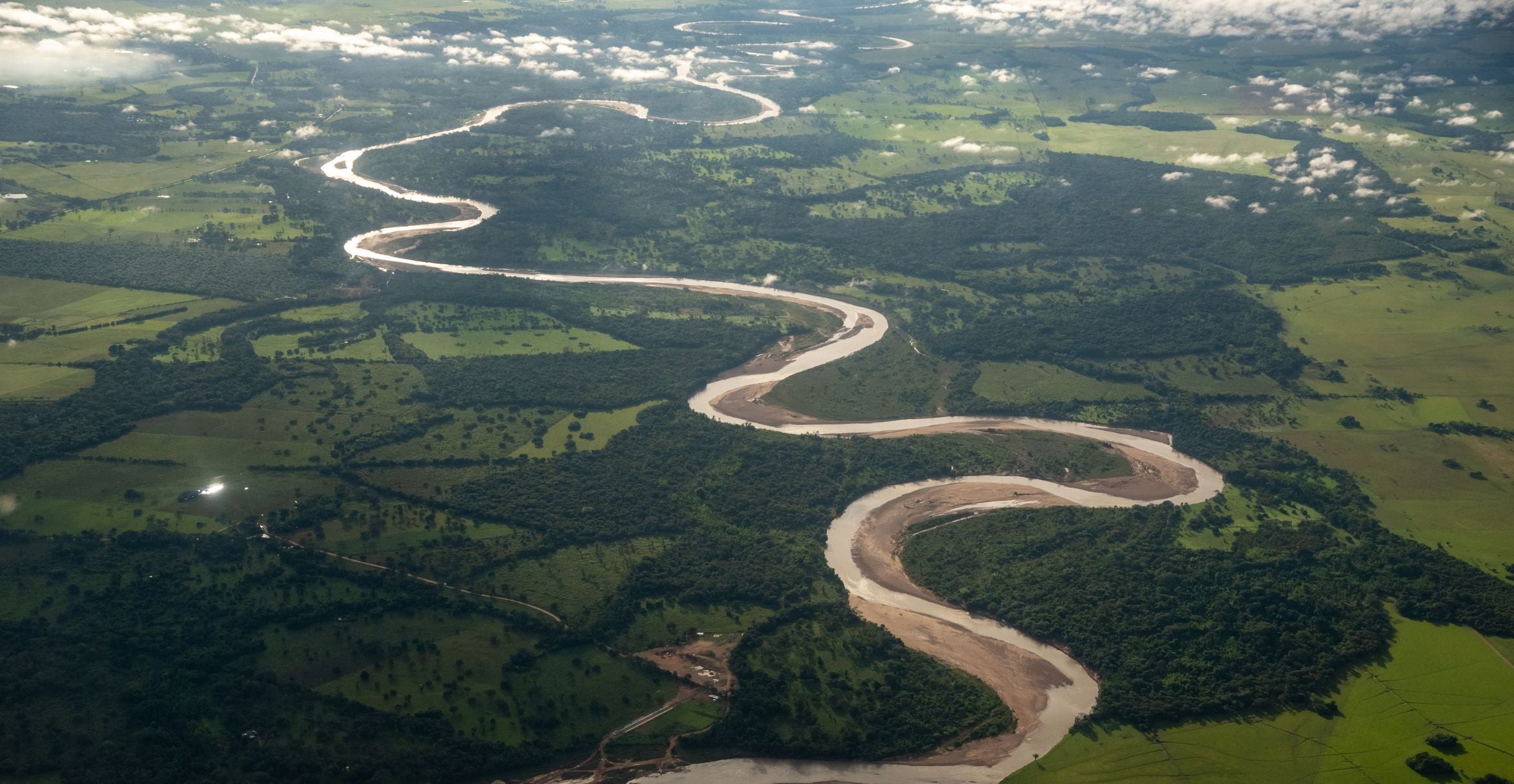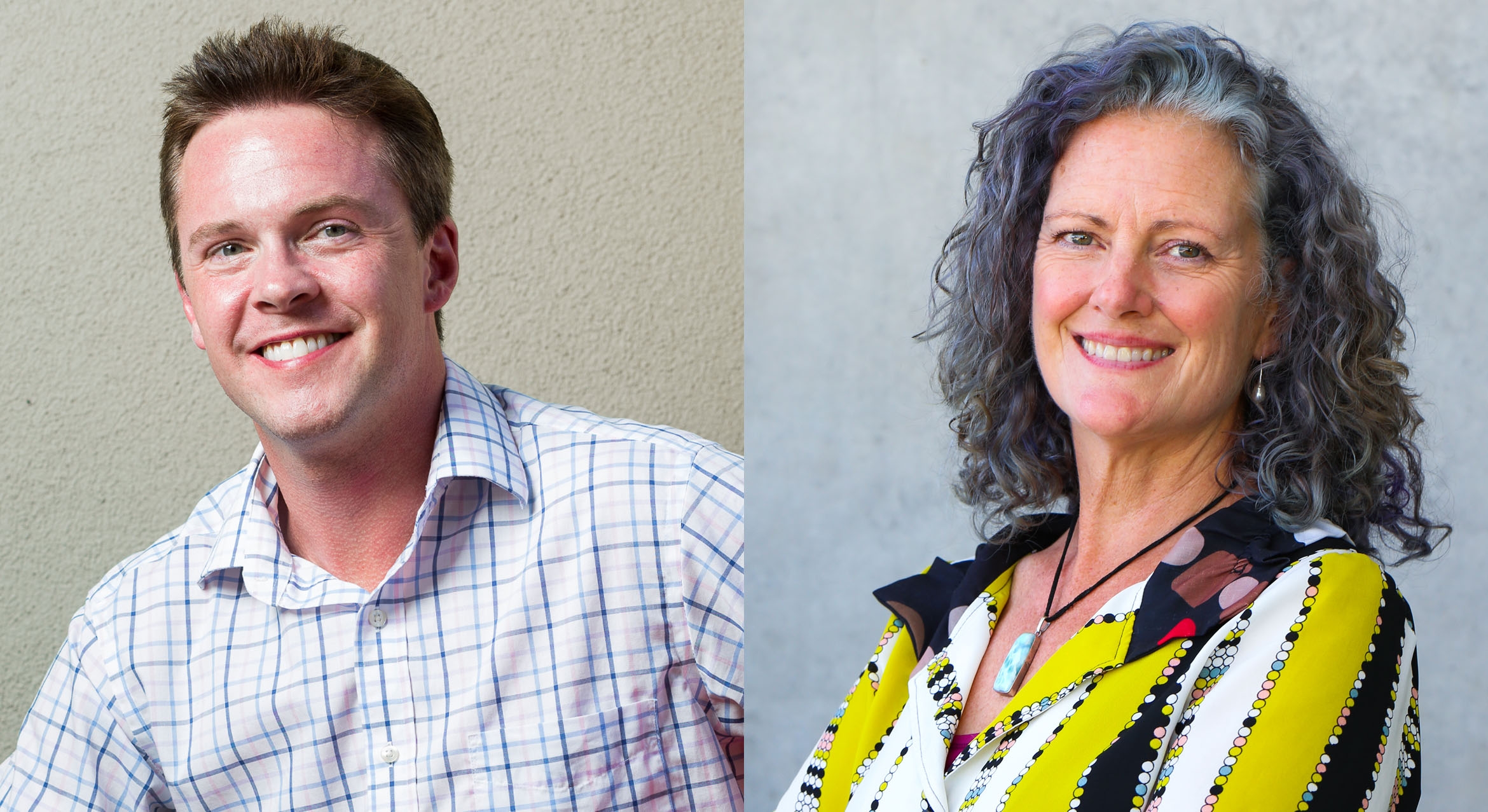UCSB History, Environmental Studies Scholar to Discuss Endangered Species
In 1889, a large male California grizzly bear was captured in the San Gabriel Mountains at the behest of newspaper magnate William Randolph Hearst. Given the name Monarch, the bear was transported to San Francisco, where he lived out his life in a zoological garden in Golden Gate Park. By the time he died in 1911, Monarch had become literally the last of his species. When he drew his last breath after 22 years in captivity, the California grizzly bear –– which at one time numbered as many as 10,000 in the state –– became extinct.
Monarch's death was not in vain, however. Within a year, conservationists took action and launched the first campaign to protect California's native wildlife. In the decades since, the state has witnessed some of the country's fiercest battles over the protection of endangered species and their habitats.
In a talk titled "After the Grizzly: A Century of Endangered Species in California and Beyond," Peter Alagona, an assistant professor with a joint appointment in UCSB's Department of History and Environmental Studies Program, will trace the turbulent political history of endangered species in California from the Progressive Era to the present. He will examine how debates about endangered species are grounded in questions of who should have access to –– and control over –– lands and natural resources.
Sponsored by the UCSB History Associates, Alagona's talk will take place at noon on Tuesday, December 1, at the University Club, 1332 Santa Barbara Street. The cost is $20 for members and $23 for all others. For reservations, call (805) 617-0998.
An environmental historian and historian of science, Alagona is a specialist in the histories of land use, natural resource management, environmental politics, and ecological science. In addition to his teaching and research interests, he is developing a collaborative, interdisciplinary, intercampus project that will use the UC Natural Reserve System as a site for research, teaching, outreach, and archival conservation in environmental history and the history of science.
Alagona, who received his doctoral degree from UCLA in 2006, has served as an Environmental Fellow at Harvard University and as a visiting assistant professor at Stanford University. He joined the UCSB faculty in September.
Related Links



